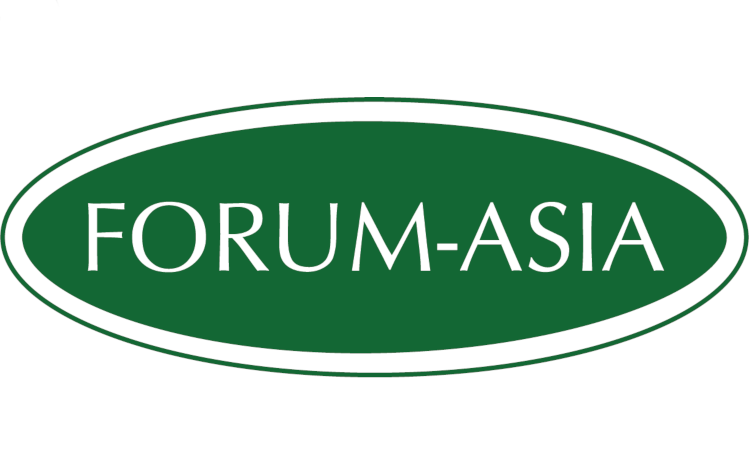(Bangkok, 27 May 2020) – China’s planned imposition of a national security law in Hong Kong will have a detrimental effect on the rule of law and leave an adverse impact on the rights of the city state’s peoples, the Asian Forum for Human Rights Development (FORUM-ASIA) said today.
Excessive use of force by the police against demonstrators protesting the law, and subsequent arrests over the weekend, highlights how the authorities continue to ignore the voices of Hong Kongers.
Last Thursday, China announced that the National People’s Congress was expected to vote on a draft national security bill for Hong Kong at the end of its annual session on 28 May, spurring mass protests. China has been pushing to bypass Hong Kong legislature, effectively violating Article 23 of Hong Kong’s Basic Law which grants the city power to enact its own national security legislation as a special administrative region.
The new law will criminalise secession, sedition, terrorism and foreign interference in Hong Kong – broad terms the Chinese authorities have used to punish dissent in the mainland.
‘Once enacted, the security law could be used as measure to crackdown on civic space and human rights defenders in Hong Kong, as we see in China today. China should respect Hong Kong’s autonomy and freedoms as a special administrative region, and ensure people can meaningfully engage on the laws and policies that will affect them,’ FORUM-ASIA’s Executive Director Shamini Darshni Kaliemuthu said.
The China-sponsored national security law was drafted in response to widespread protests against the extradition bill in Hong Kong last year. Pro-Beijing officials have insisted that these protests were marred with acts of terrorism. China has also increasingly accused foreign powers of fomenting protests and unrest in Hong Kong.
China has increasingly used its national security legislation to intimidate human rights defenders, justify the intensive surveillance and monitoring on its citizens, and stifle freedom of expression and speech. A China-model of national security would compromise the democratic strides Hong Kong has made over the years, and weaken the ability of civil society to hold its government accountable.
Growing Chinese interference has been blamed for intimidation against activists. Last month, 15 pro-democracy activists in Hong Kong were arrested following a statement from a Chinese official that they were not bound by the region’s restrictions barring Chinese officials from interfering in the its affairs.
Over the weekend, hundreds of demonstrators who defied lockdown protocols to protest against the law were met with tear gas, water cannons and pepper spray.[1] Over 100 people were arrested.
‘The excessive force used to disperse protestors is deeply alarming. In last year’s protests, we witnessed how the disproportionate use of police force fuelled anger that led to violence on both sides of the divide. Hong Kong authorities should ensure their actions are proportionate and necessary to the risks faced, and should further respect the right of the people to dissent and express themselves,’ Shamini said.
The Government of Hong Kong must carve spaces for active and meaningful civic participation and refrain from equating protests with terrorism.
The speed with which China has pushed for this law, and the lack of opposition by Hong Kong’s Government limits the ability of civil society to voice out their legitimate concerns.
FORUM-ASIA urges the Government of Hong Kong to take a strong stand against this proposed national security law, and work with civil society towards fulfilling its obligations to protect and respect the fundamental freedoms of its people.
For further information, please contact:
East Asia and ASEAN Programme, FORUM-ASIA at [email protected]
For media inquiries, please contact:
Yi-Lan, Communication and Media Programme, FORUM-ASIA at [email protected]
[1] https://www.bbc.com/news/world-asia-china-52786734
***
For a PDF version of this statement, click here



